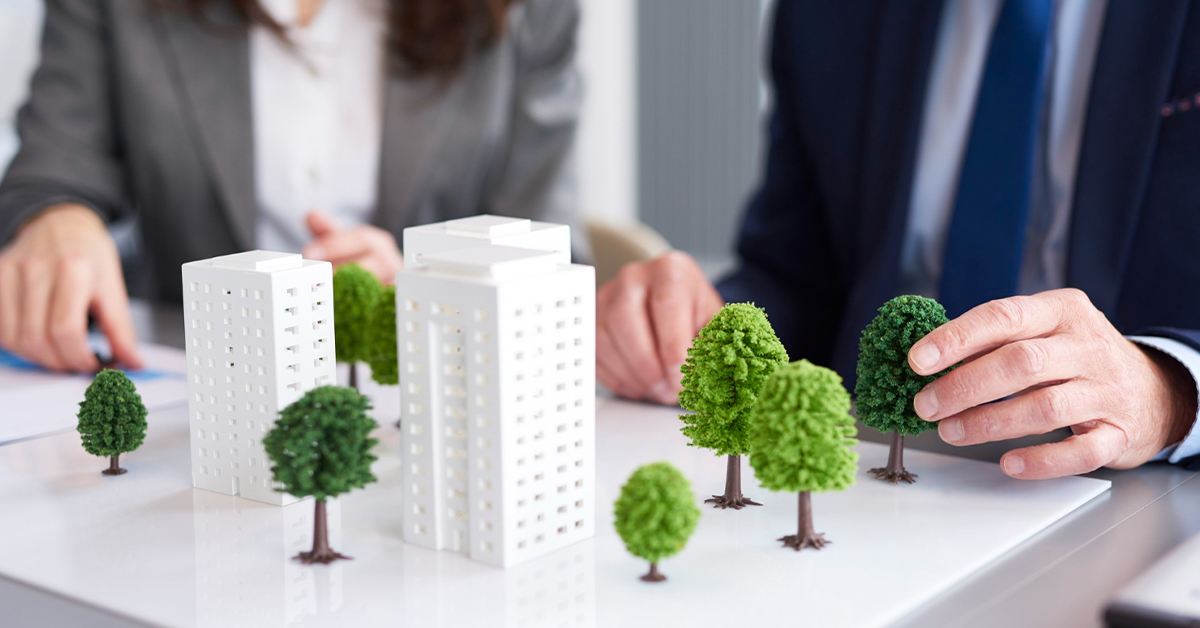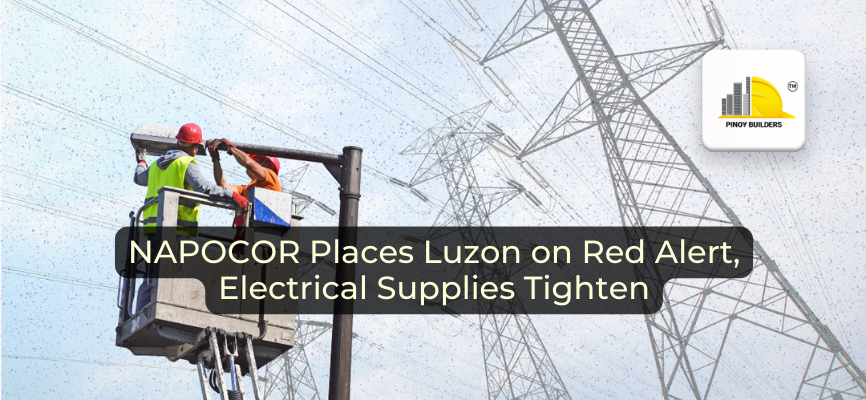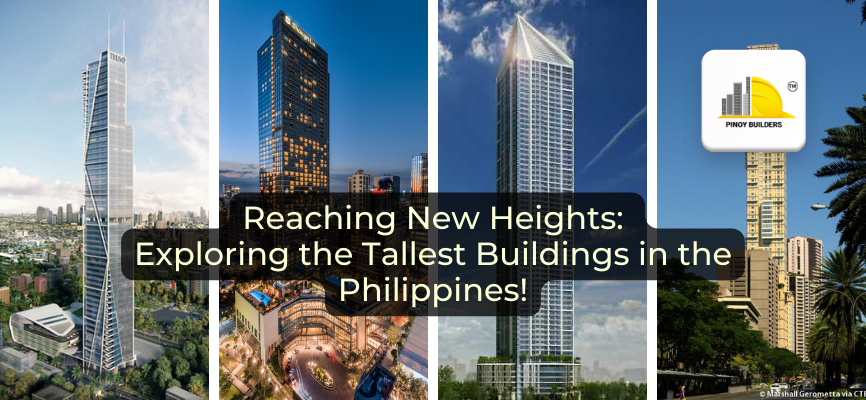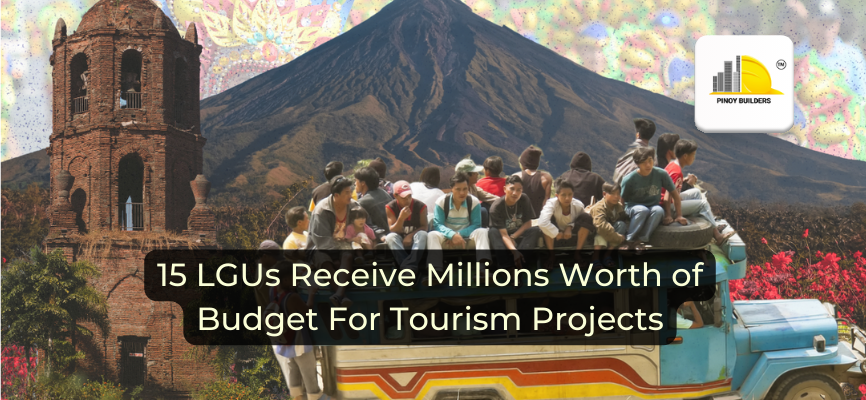As society becomes increasingly aware of the urgent need to tackle climate change, the construction industry is facing growing pressure to reduce its negative environmental impact. At the same time, green and sustainable practices are becoming more and more economically viable, with many companies realizing that sustainable practices can save money in the long run.
This is where eco finance comes in. Combining environmental and financial considerations, it offers a way to make sustainable construction a more attractive and viable option for stakeholders and other financial institutes. Thus, paving the way for construction practices to have a positive impact on the environment, social, and governance (ESG) factors.
In this article, we will explore what eco finance is, how it affects buying habits, and what it means for the future of the construction industry.
What is Eco Finance?
Eco finance, also known as sustainable finance, is the practice of investing and financing activities, businesses, or projects that create a positive impact on the environmental, social, and governance (ESG) while also generating a return on investments or profits for investors.
According to Harvard Extension School, the following are examples of environmental, social, and governance factors:
- Environmental. Includes mitigation of the climate crisis or the use of sustainable resources.
- Social. Includes human and animal rights, as well as consumer protection and diverse hiring practices.
- Governance. Refers to management, employee relations, and compensation practices of public and private organizations.
According to the International Institute for Sustainable Development, sustainable finance must not only be about funding for sustainable projects but must also be the “lens through which every financial transaction must be assessed.”

Is Eco Finance Changing People’s Buying Habits?
Compared to other generations, members of Gen Z are more supportive of eco-finance and ESG growth because they care deeply about the environment. And due to the increasing concerns about climate change, many people are becoming more meticulous towards the business they support.
According to the study “The Sustainability Disconnect Between Consumers & Retailers” published by First Insight, Gen Z is more supportive of brands and businesses that support causes, advocacies, and values they are aligned with, such as sustainability.
Gen Z is holding the key to the survival of many businesses in the future. Despite remaining a significant minority, they are expected to represent 27% of the world’s income in 2031, surpassing millennials. This means that in the near future, Gen Z will have more purchasing power and businesses that support sustainable practices will yield more financial returns.
But Gen Z is not only shaping the future, they are also influencing the present. In 2019, only 34% of Gen X members are willing to spend 10% or more on sustainable products. But because of the awareness brought about by Gen Z, the percentage of Gen X who supported sustainable products rose up to 90% in 2022.

How Will Eco Finance Shape the Future of the Construction Industry?
Because of the looming climate challenges and many people choosing to incentivize environment-friendly products and practices, the construction industry must take a step back and see if their practices are supporting sustainability.
After all, the construction industry causes:
- 23% of air pollution
- 40% of drinking water pollution
- 50% of landfill wastes
- Consumption of 40% of the world’s usage of raw stones, gravel, and sand
- Consumption of 25% of virgin wood per year
- Responsible for 39% of energy and process-related carbon dioxide emissions
- Noise pollution
- Light pollution
- Wildlife disruption
- Wildlife population fragmentation
- Human population displacement
Should the industry continue this practice, it is possible that Gen Z and the younger generations will be less inclined to support construction companies. Which could lead to fewer contracts and sales. Fortunately, innovators have been busy in creating alternative construction materials that are sustainable. Among these innovations are cigarette butt bricks, transparent wood, hydrogel, construction materials made of bamboo, composite roofing shingles, recycled plastic, etc.
You can learn more about innovative construction materials by following this link.

On top of that, big construction companies are starting to see the benefits of sustainable practices such as reducing waste, saving water, enhancing health, reducing operational and maintenance costs, etc., Because of this continued investment in sustainable materials and practices, more and more people will be willing to support the construction industry in the future.
Creating a more sustainable future starts with our actions today. If we want to have a future where civilization and nature live in harmony, we must move toward sustainable practices.
Through eco finance, this is possible. With this financial approach it helps in incentivizing and facilitating the adoption of environmentally friendly construction practices. Ultimately, this will lead to a more sustainable and resilient built environment.
Do you want to see more content like this in the future? Subscribe to Pinoy Builders for FREE today and stay in the loop for the latest news and updates on the Philippine construction industry!
References:
- Insight, F. (n.d.). The Sustainability Disconnect Between Consumers & Retail Executives. https://www.firstinsight.com/white-papers-posts/the-sustainability-disconnect-between-consumers-and-retail-executives
- Dobrowolska, K. (2022, November 23). How Does Construction Affect The Environment? Archdesk. https://archdesk.com/blog/how-does-construction-affect-the-environment/
- Hamakareem, M. I. (2021, June 2). 6 Sustainable Innovations Shaping Construction. The Constructor. https://theconstructor.org/building/sustainable-innovations/29112/









